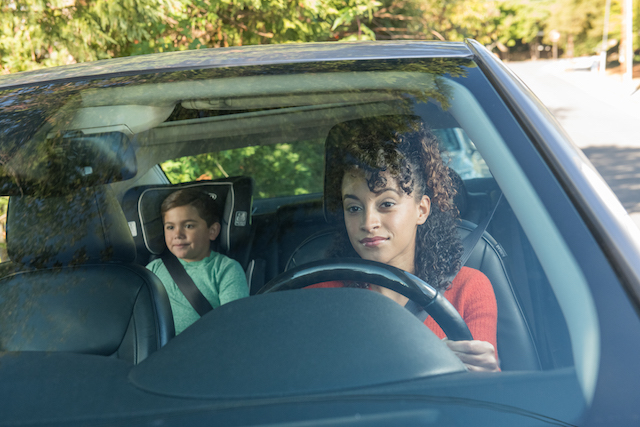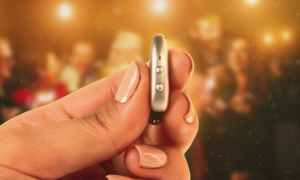The COVID-19 pandemic has caused a great deal of stress and anxiety in many people’s lives. But when we think about anxiety, it’s almost always in the context of how it affects the major aspects of an individual’s life – their mood, behavior, relationships, career. Very rarely do we consider how anxiety can disturb the routine elements of everyday life. Take, for example, driving.
It’s common for driving to cause anxiety even under the best of circumstances. COVID-19 has only made it more rampant, and in turn, made the roadways a little less safe.
According to Kristy Cuthbert, a Graduate Student Clinician with Boston University’s Center for Anxiety and Related Disorders, the effects of the pandemic manifest themselves in two major ways. Most notably, drivers may be mentally distracted by the stresses of the pandemic that they loose focus on the road, a condition known as rumination. “If you’re sitting in your car and you’re worried about how things are going to go when you get home, if your family is going to be okay, are you bringing COVID home to your family, you find yourself off on a train of thought and it’s easy to get distracted from the drive home,” Cuthbert says.
Second is the effect the pandemic has had on workers’ commutes. Many who normally take public transportation have chosen to drive, while people who had been forced to work from home likely haven’t been behind the wheel very much over the past 10 months. Those in either scenario are now driving everyday when they’re simply not accustomed to it. “When you’re first getting behind the wheel after a long time, there is a lot of anxiety involved with that.”
AAA Northeast’s Public Affairs Specialist, Joanna Frageorgia, hosts a discussion with Kristy Cuthbert, a Graduate Student Clinician with Boston University’s Center for Anxiety and Related Disorders. Cuthbert shares about how COVID-19 related anxiety can impact drivers.
Unfortunately, there is no quick fix for anxiety. But there are some tips and tricks to help alleviate your stress when driving Cuthbert recommends a practice known as “grounding.” This technique involves engaging your senses in order to distract you from unwanted thoughts. Since the main senses you use during driving are sight, hearing and touch, Cuthbert suggests making a mental note of things you can hear (the radio), see (the red of the stop sign), and touch (the warmth of the steering wheel). “This is a way of grounding you in the present by using your senses that brings you back to the task at hand.”
More than anything, if you’re experiencing anxiety in the car or out of it, it’s important to know that you’re not alone. “Everyone is experiencing increased stress and anxiety…Hopefully that gives a sense of community and maybe it allows a little bit of that self-judgment to fall away,” Cuthbert says. “You’re not alone in this. That’s really the key takeaway.”
To learn about Cuthbert’s work or to seek assistance go to bu.edu/card. You can discover more about AAA’s traffic safety programs and resources at AAA.com/Community.














